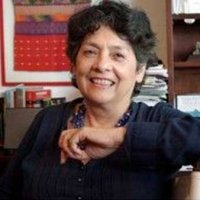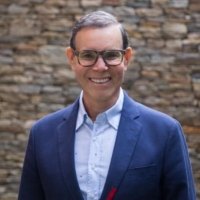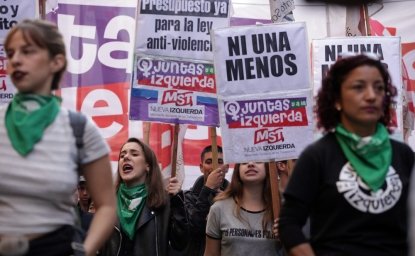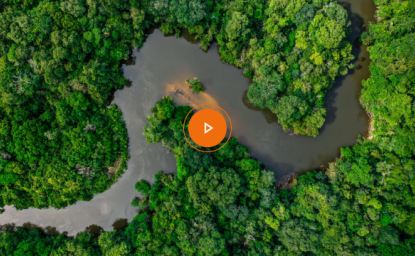Latin American Program in the News: Venezuelan opposition candidate Capriles may still pose future threat to Chavez
This article discusses the results of the election on Sunday.
This article discusses the results of the election on Sunday.
Washington Post
...And there are lingering doubts about Chavez’s health, although he has declared himself free of cancer. The president, 58, has said he has undergone three operations since June 2011 to remove a tumor, raising questions about whether he will be able to complete the six-year term that begins next year.
If he were to die in the first four years of that term, Venezuela would have to call new elections — potentially giving Capriles another chance.
“Capriles would have strong possibilities to be elected in that case,” said Margarita Lopez Maya, a Caracas analyst and writer who had once supported the president. “There is not a charismatic leader who could replace Chavez within Chavismo.”
Lopez Maya believes that it would be “a grave error for Capriles to think that this was a defeat.”
She said the unification of disparate Chavez foes, some of them from the right and others disaffected leftists who believe the president is an autocrat, has matured and prepared the opposition for future political battles. “It’s a strengthening that has been very significant,” she said.
Lopez Maya and other analysts see positive signs for the opposition in comparing Sunday’s vote with past elections.
The 6.4 million votes Capriles received represented 2.1 million more than went for opposition candidate Manuel Rosales in the 2006 presidential contest. Chavez won that election by 26 percentage points, demolishing Rosales’s political career.
This time, the margin was far closer. Chavez also increased his vote count compared with 2006, by about 700,000 ballots. But the number of people who voted Sunday was 3 million higher than in 2006, when fewer than 12 million went to the polls.
“What’s changed since those years is not Chavez but the opposition,” said Luis Vicente Leon, whose Caracas polling company, Datanalisis, correctly predicted Sunday’s margin of victory for Chavez.
Unlike all the other candidates who have run against Chavez since 1998, Capriles solidified his position as the leader of the opposition by running a focused, well-organized campaign in which he visited most of Venezuela’s towns and cities and generated the kind of support the opposition had never seen before, Leon said.
“Capriles generated emotion that you saw in the streets, that you saw in the rallies,” Leon said. “That didn’t lead to a win, but it’s something to capitalize on for the future.”
For the government, the win means Chavez will deepen what he has called 21st-century socialism — a mix of state interventions in the economy, including expropriations of private companies, and an activist foreign policy that seeks to use alliances with countries such as Cuba and Iran to counter U.S. objectives...
Read the full article here.



The Wilson Center’s prestigious Latin America Program provides non-partisan expertise to a broad community of decision makers in the United States and Latin America on critical policy issues facing the Hemisphere. The Program provides insightful and actionable research for policymakers, private sector leaders, journalists, and public intellectuals in the United States and Latin America. To bridge the gap between scholarship and policy action, it fosters new inquiry, sponsors high-level public and private meetings among multiple stakeholders, and explores policy options to improve outcomes for citizens throughout the Americas. Drawing on the Wilson Center’s strength as the nation’s key non-partisan policy forum, the Program serves as a trusted source of analysis and a vital point of contact between the worlds of scholarship and action. Read more



